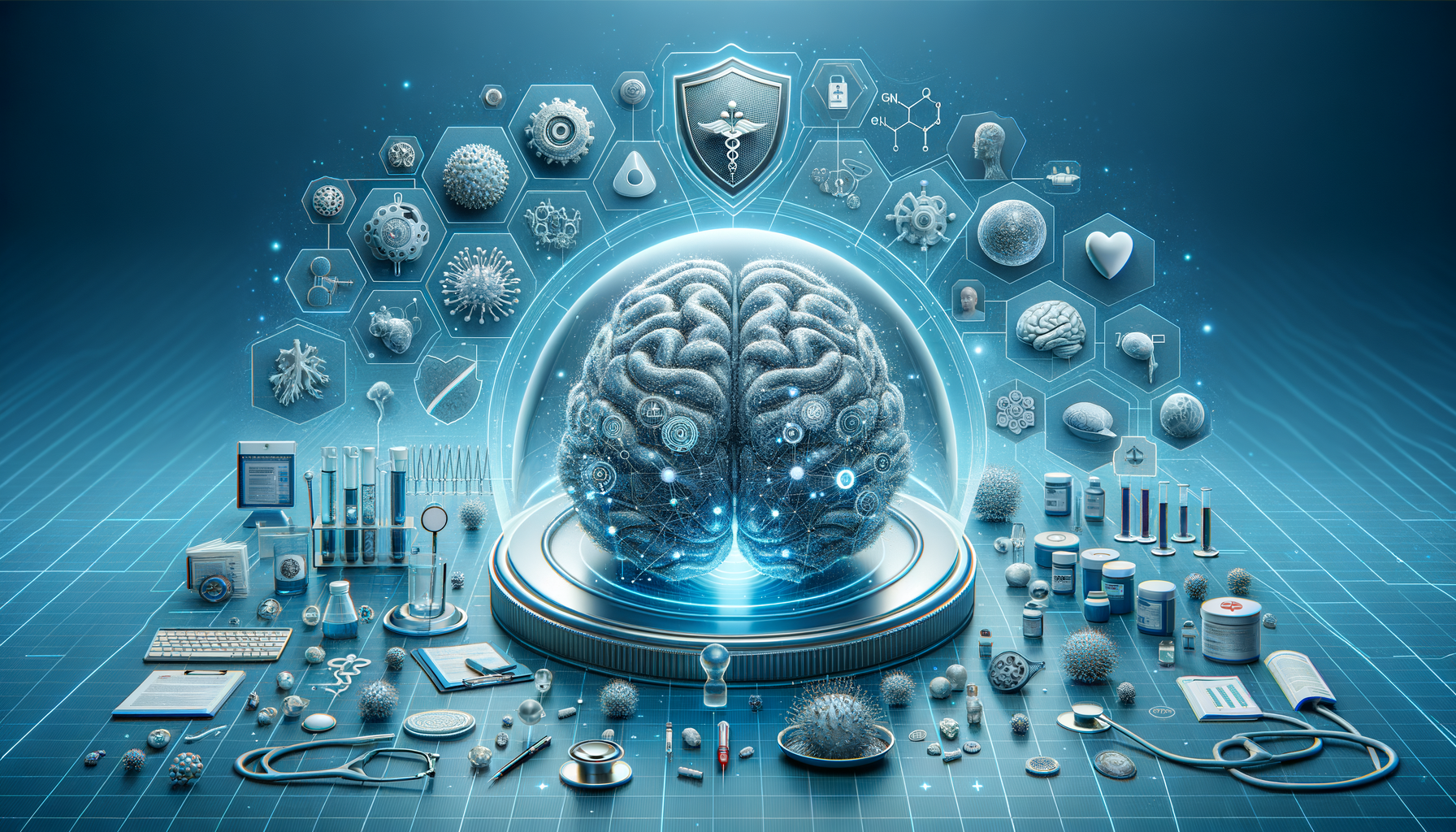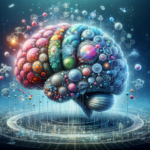Understanding Alzheimer’s Disease: Causes and Symptoms
Alzheimer’s disease is a progressive neurodegenerative disorder that primarily affects memory, thinking, and behavior. It is the most common cause of dementia among older adults, accounting for 60-80% of cases. The disease is characterized by the accumulation of amyloid plaques and tau tangles in the brain, leading to the death of nerve cells and loss of brain tissue.
The exact cause of Alzheimer’s remains unknown, but several factors are believed to contribute to its development. These include genetics, lifestyle, and environmental factors. Age is the most significant risk factor, with the likelihood of developing the disease doubling every five years after the age of 65. Other risk factors include family history, head injuries, and conditions such as cardiovascular disease and diabetes.
Symptoms of Alzheimer’s begin with mild memory loss and confusion, gradually progressing to significant cognitive decline and loss of independence. Early signs include difficulty remembering recent events, challenges in planning or solving problems, and confusion with time or place. As the disease progresses, individuals may experience changes in mood and behavior, difficulty speaking or writing, and impaired judgment.
Current Treatment Methods for Alzheimer’s Disease
While there is no cure for Alzheimer’s disease, several treatment options aim to manage symptoms and improve quality of life. Medications such as cholinesterase inhibitors and memantine are commonly prescribed to enhance cognitive function and slow disease progression. These drugs work by increasing the levels of neurotransmitters in the brain, helping to improve communication between nerve cells.
In addition to medication, non-pharmacological interventions play a crucial role in managing Alzheimer’s symptoms. Cognitive therapy, physical exercise, and social engagement are essential components of a comprehensive care plan. These approaches can help maintain cognitive abilities, reduce behavioral symptoms, and improve overall well-being.
Support for caregivers is also vital, as they play a critical role in the daily care of individuals with Alzheimer’s. Educational programs, support groups, and respite care services can provide caregivers with the necessary tools and resources to manage the challenges associated with the disease.
Latest Research Advances in Alzheimer’s Disease
Recent research has made significant strides in understanding the underlying mechanisms of Alzheimer’s disease and exploring potential new treatments. Advances in neuroimaging and biomarker identification have improved early diagnosis and monitoring of disease progression. These tools allow for more precise tracking of changes in the brain and can aid in the development of targeted therapies.
One promising area of research involves the development of immunotherapies that target amyloid plaques and tau tangles. These treatments aim to reduce the accumulation of these proteins in the brain, potentially slowing or halting disease progression. Several clinical trials are currently underway to evaluate the safety and efficacy of these therapies.
Additionally, researchers are investigating the role of inflammation and the immune system in Alzheimer’s disease. Studies suggest that chronic inflammation may contribute to the development and progression of the disease, and therapies that modulate the immune response could offer new treatment avenues.
Prevention Strategies for Alzheimer’s Disease
While there is no guaranteed way to prevent Alzheimer’s disease, several lifestyle factors have been associated with a reduced risk of developing the condition. Maintaining a healthy diet, engaging in regular physical activity, and staying mentally and socially active are all recommended strategies for promoting brain health.
The Mediterranean diet, rich in fruits, vegetables, whole grains, and healthy fats, has been linked to a lower risk of Alzheimer’s. Regular exercise, including aerobic and strength-training activities, can improve cardiovascular health and promote the growth of new brain cells.
Mental stimulation and social engagement are also crucial for maintaining cognitive function. Activities such as reading, puzzles, and learning new skills can help keep the brain active, while social interactions can reduce the risk of depression and isolation, both of which are risk factors for Alzheimer’s.
Conclusion: Facing the Challenges of Alzheimer’s Disease
Alzheimer’s disease presents a significant challenge to individuals, families, and healthcare systems worldwide. Understanding the causes, symptoms, and current treatment options is essential for managing the disease and improving the quality of life for those affected. Recent research advances offer hope for new therapies that could alter the course of the disease, while prevention strategies provide a proactive approach to reducing risk.
As our population continues to age, addressing the growing impact of Alzheimer’s disease is more critical than ever. By fostering awareness, supporting research, and promoting healthy lifestyle choices, we can better prepare for and confront the challenges posed by this debilitating condition.








